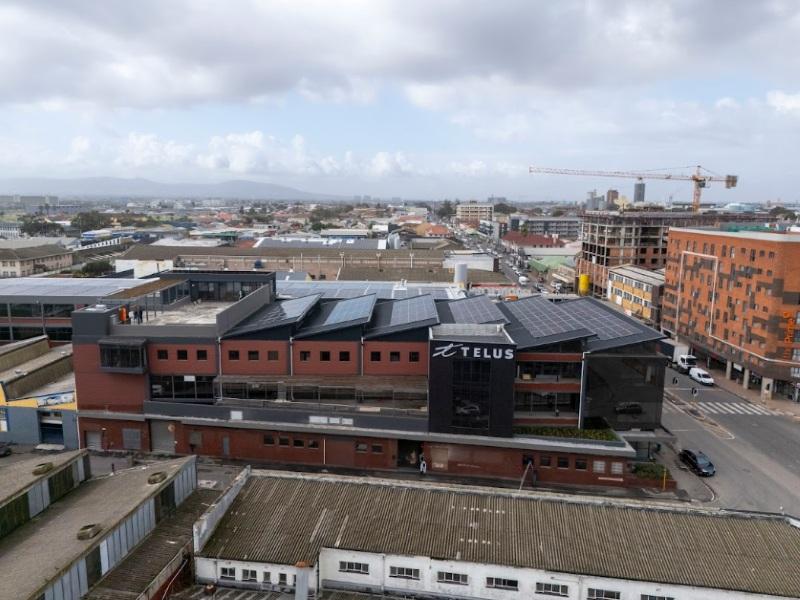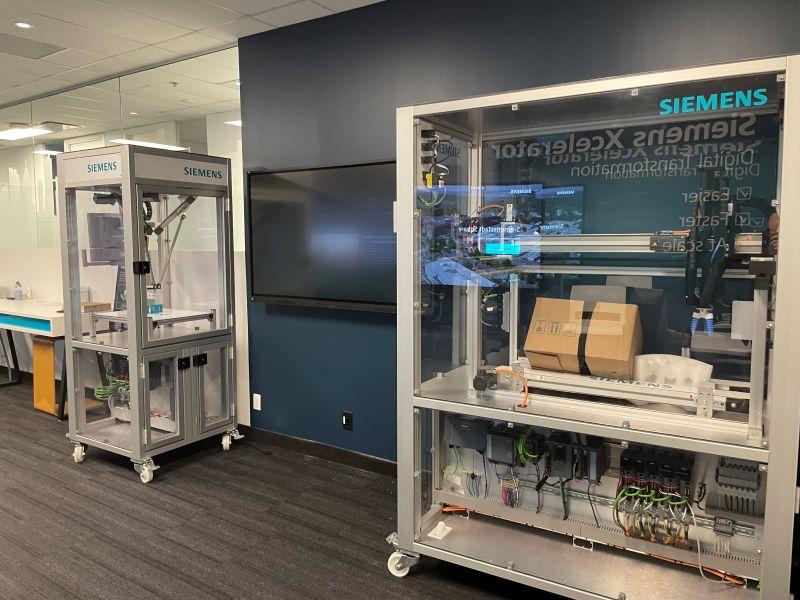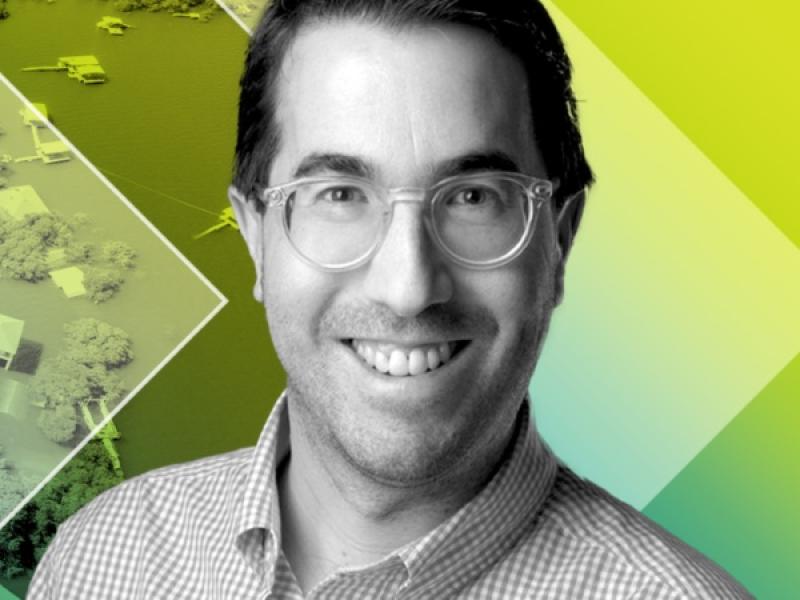
Electra Battery Materials Corp. (ELBM-X) has been awarded $27 million in funding from the U.S. Department of Defense (DoD) toward the completion of construction work on its $250-million Ontario cobalt sulfate refinery.
This cash injection represents a strategic investment under Title III of the Defense Production Act, to strengthen the North American supply chain of critical materials. Currently, 94 per cent of battery-grade cobalt sulfate is produced in China.
Upon completion, the Electra cobalt plant would be the first, and only, North American cobalt sulfate refinery. It is projected to produce a maximum of 6,500 tonnes of battery-grade cobalt per year which is vital to the manufacture of lithium-ion batteries and would power an estimated one million electric vehicles (EVs).
"Electra is committed to strengthening the resiliency of the North American battery supply chain," Electra CEO Trent Mell said in a release.
The DoD grant is a significant vote of confidence in Electra. The firm had temporarily suspended work on the cobalt refinery due to the after-effects of the pandemic that significantly raised production costs and caused a short-term cash flow crunch.
Now, however, Electra is on much more secure financial footing and is moving forward to raise the remaining $53 million of the $80 million needed to complete the expansion of its existing plant located in Temiskaming Shores, north of Toronto.
Should Electra, which is headquartered in Toronto, reach its funding goal later this year, the company would be on track to have its cobalt refinery up and running by 2026.
Major offtake deal for cobalt production signed with LG
Electra has already signed a key offtake agreement with LG Energy Solutions, which will buy between 60 and 80 per cent of the cobalt produced at the Temiskaming facility during its first five years of operation.
The LG deal not only delivers a guaranteed revenue stream for Electra, but also contributes to onshoring the battery supply chain in North America while reducing dependence on China.
Electra will also be ethically sourcing its raw cobalt feedstock directly from Canada's Glencore and Eurasian Resources Group mines in the Democratic Republic of the Congo – material that would otherwise be shipped to China for refining.
"Through our partnerships with ERG and Glencore, we have secured feed material to meet the full capacity of our refinery. Customer demand for our cobalt sulfate production far exceeds our production capacity and LG Energy Solutions has already secured up to 80 per cent of our production," Mell added.
Lowest carbon footprint of any cobalt refinery in the world

Electra's cobalt refining operation will run entirely on hydro power in Ontario.
"Our plant will be connected to a clean, renewable hydroelectric grid," Heather Smiles, Electra's vice-president, investor relations and corporate development, said in an interview with Sustainable Biz Canada.
"The reduction in costs and CO2 (carbon dioxide) footprint as a result of operating on a clean hydroelectric grid are significant. The hydro plant is located about 12 kilometres from our facility and located only 700 kilometres from the U.S. border, representing additional reductions in (transport) emissions."
Instead of seeing China continue to produce the lion's share of the world's cobalt sulfate by means of its coal-fired and heavily polluting plants, Electra says it will become a "one-stop" supplier for lithium-ion battery manufacturers in North America.
"Today, in order to supply a North American battery plant, the raw material that goes into the pCAM (a powder-like predominantly carbon sulfate substance) we produce is first sent to China for refining on a coal fired grid and then shipped back to North America. That's a substantial CO2 footprint."
"What's novel about our carbon sulfate refinery is not the process itself, it's the ability to do the processing here in North America on a one-stop basis. Once we reach production capacity of 6,500 tonnes per annum, we would be producing 27 per cent of the non-Chinese supply of cobalt."
This would leave Electra as North America's top, and possibly only, supplier of cobalt sulfate for the remainder of this decade. "There's just not a lot of options outside of China right now," Smiles added.
Expanding into battery recycling
Electra is also moving ahead with plans to accelerate the development of its proprietary battery metals recycling technology.
In June, the company announced $5 million in funding from National Resources Canada to further this project.
In 2023, Electra successfully operated a battery materials recycling demonstration plant at the Temiskaming site, processing 40 tonnes of end-of-life shredded battery scrap, known as "black mass". The goal is to scale up to a commercial level and produce nickel cobalt, lithium products and graphite from recycled batteries.
"We're going to be spending the next couple of years doing continued research and development on the battery recycling program and study the commercial scalability of it," Smiles explained.
"That should align nicely with the anticipated growth of the scrap market here in North America right now, as more battery scrap material becomes available once older EVs start coming off the road."
Ultimately, Electra is advancing toward launching a parallel hydrometallurgical black mass recycling facility that would also be the first of its kind in North America.
"Our overall strategy is to build up North America's EV battery supply chain. First we're going to complete work on our cobalt sulfate supply plant for EV batteries, and then from there we're looking to grow the North American EV battery supply chain . . . It's a pretty exciting time for us."










